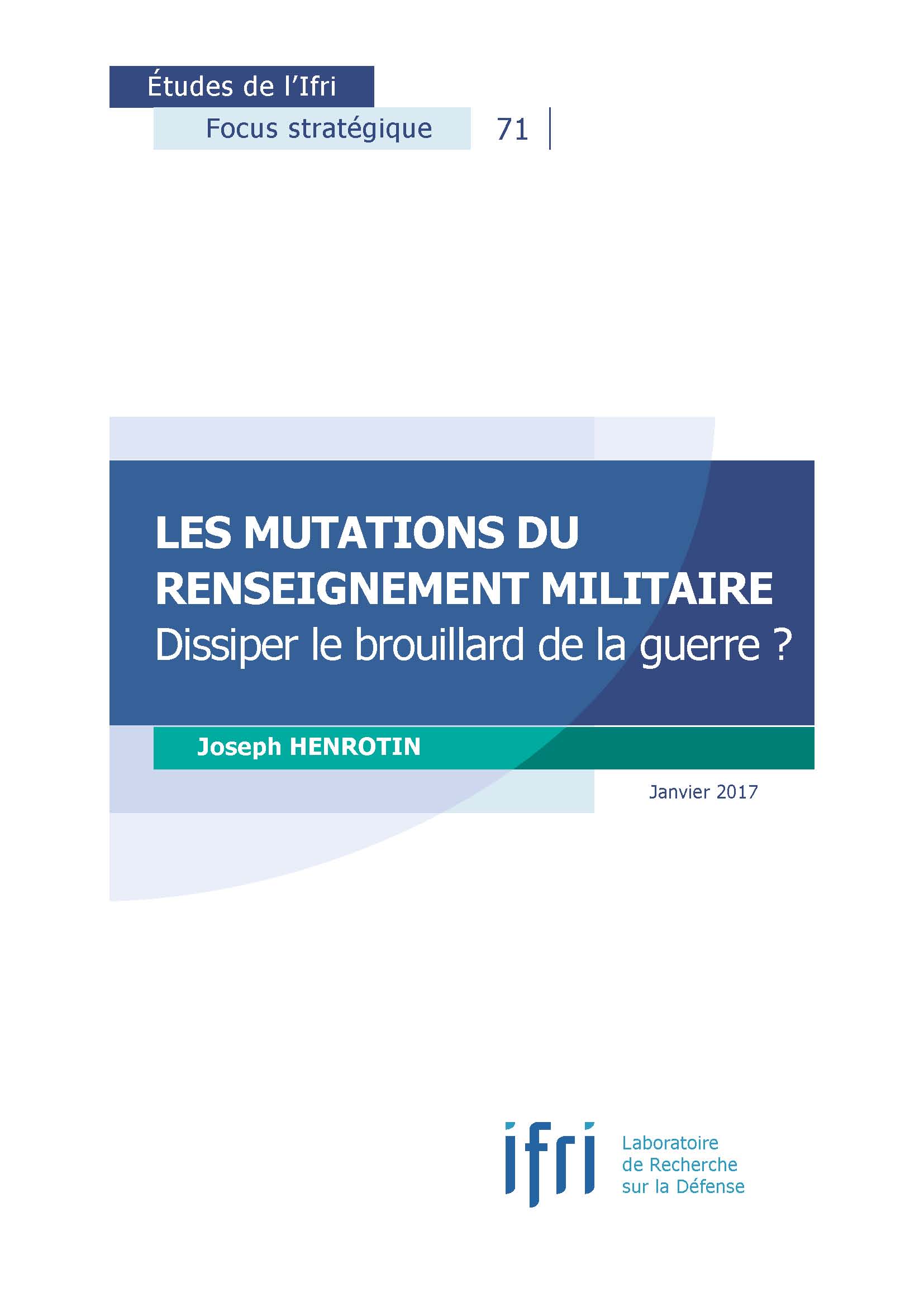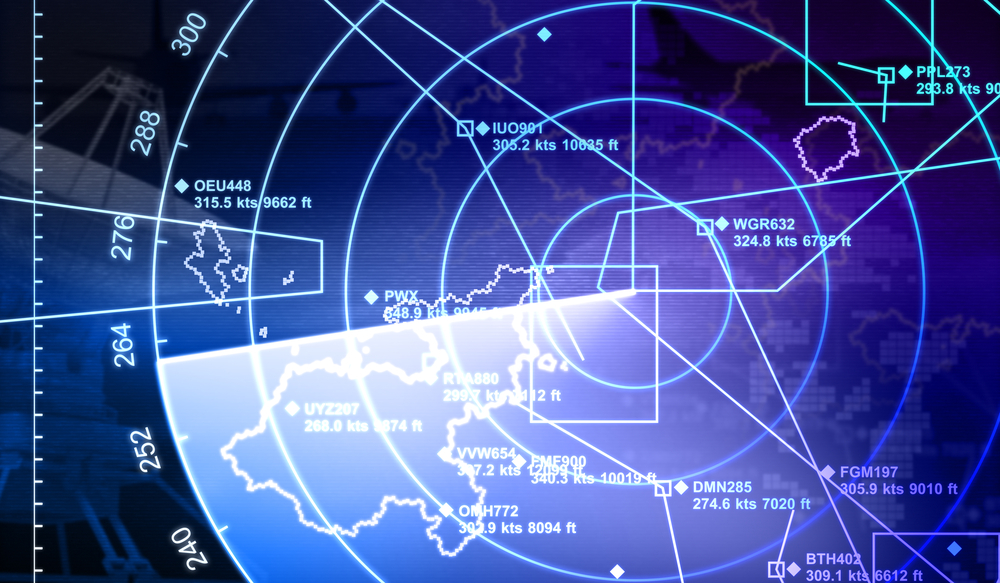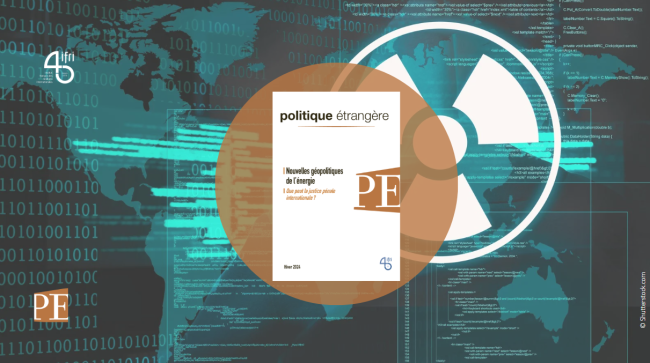Les mutations du renseignement militaire : dissiper le brouillard de la guerre ?

Military intelligence has evolved significantly as a result of advanced technology and the changing character of war.

In the 1990s, military intelligence was at the core of the “revolution in military affairs”, carrying the hope that it would help dissipate the fog of war and increase transparency on the battlefield. However, because of the last two decades of military operations, this transformation has proved challenging. Confronted with increasingly complex opponents, Western armed forces have had to adopt the concept of “military interest intelligence”, which widens the scope of its mission. In France, this transformation has borne many questions regarding intelligence organization and capabilities at both the service and joint levels. Given current technological challenges, both for collection and analysis, the future of military intelligence depends, more than ever, upon the amount of human and financial resources political and military leaders choose to allocate to this domain.
This content is available in French : « Les mutations du renseignement militaire : dissiper le brouillard de la guerre ? »
Related centers and programs
Discover our other research centers and programsFind out more
Discover all our analysesDeep Precision Strikes: A New Tool for Strategic Competition?
Reaching deep into the enemy’s system to weaken it and facilitate the achievement of operational or strategic objectives is a key goal for armed forces. What capabilities are required to conduct deep strikes in the dual context of high-intensity conflict and strengthened enemy defenses?
From Cuba to Ukraine: Strategic Signaling and Nuclear Deterrence
Strategic signaling—the range of signs and maneuvers intended, in peace time, to lend credibility to any threat to use nuclear weapons—is back.
Return to the East: the Russian Threat and the French Pivot to Europe's Eastern Flank
Russia’s full-scale invasion of Ukraine on February 24, 2022, has flung Europe’s Eastern flank into a new phase of strategic confrontation. It has had a major effect on France’s position, which was previously somewhat timid, leading it to significantly reinforce its deterrence and defense posture in support of the collective defense of Europe, in the name of strategic solidarity and the protection of its security interests.
Military Stockpiles: A Life-Insurance Policy in a High-Intensity Conflict?
The war in Ukraine is a reminder of the place of attrition from high-intensity conflict in European armies that have been cut to the bone after three decades of budget cuts. All European forces have had to reduce their stocks to the bare minimum. As a result, support to Ukraine has meant a significant drain on their operational capabilities. A significant amount of decommissioned systems were also donated, due to the lack of depth in operational fleets.











